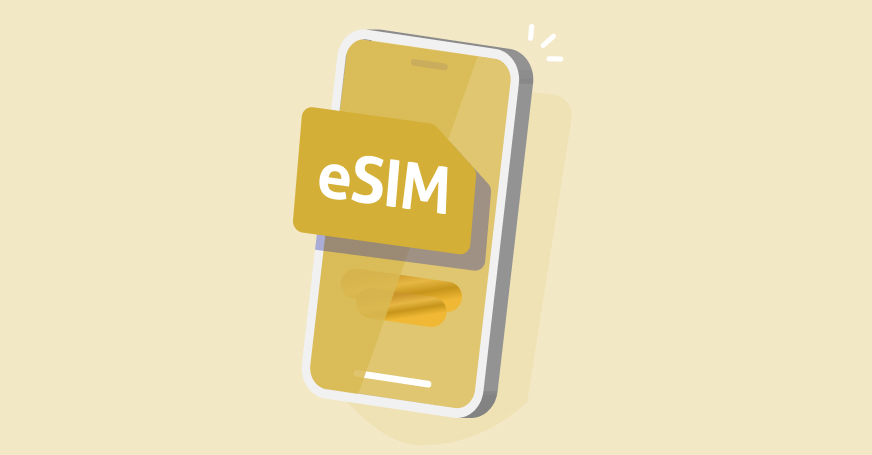Switching carriers used to feel like a huge hassle, but not anymore. With more options, better deals, and evolving technology like eSIM, moving your phone service is easier than ever. The real challenge? Making sure the things that matter—your number, contacts, and data—move with you. And if you’re also upgrading your phone, you’ll want to be sure your apps, photos, and files come along too.
Let’s walk through how to make this switch as smooth as possible.
Understanding the Basics of Carrier Switching
When you switch carriers, you’re simply moving your mobile number and service from one provider to another. People usually do this to get cheaper plans, better coverage, or more modern features. The good news is, with today’s tools, you don’t need to start over from scratch.
Preparing for the Switch
Before you make the move:
Back up your phone. This ensures nothing gets lost mid-transfer.
Check compatibility. Some phones are locked to specific carriers.
Review your contract. Make sure you won’t get hit with early termination fees.
Keeping Your Number During the Switch
If you’re attached to your number, you can keep it. This process, called number portability, allows you to bring your old number to your new carrier.
Making Sure Your Phone is Unlocked
If your phone is still tied to your old provider, you may run into issues. Unlocking it gives you freedom to use it with any carrier. Learn why unlocked phones just make sense.
Transferring Your Contacts
Sync with Google or iCloud. This automatically carries contacts over.
Manual export/import. You can export contacts as a file and re-upload.
SIM card method. Move contacts stored on SIM to your new carrier’s card.
Moving Your Apps and App Data
Most apps today store your info in the cloud. When you log in on your new carrier, everything comes back. Still, double-check app-specific settings, especially for finance or work tools.
Saving and Moving Your Photos, Videos, and Files
Use Google Photos, iCloud, or Dropbox for easy transfer.
Local transfer via USB cable or AirDrop works too.
Always confirm that your media has been uploaded before deleting anything.
Note that these steps only apply if you’re also upgrading or changing devices while switching carriers. If you’re keeping the same phone, your apps and files stay right where they are.
Handling Messages and Call History
Your texts and call history may not always move automatically. Backup tools like iCloud, Google Drive, or third-party apps can help preserve your records.
SMS/MMS: These may not transfer automatically between devices. Using iCloud (iPhone), Google Drive (Android), or third-party apps can help preserve them.
iMessage and WhatsApp: These are tied to your cloud accounts. Once you sign in again on your new device, your messages usually restore automatically.
Switching to eSIM for Faster Activation
eSIM technology eliminates the need for a physical SIM card. It’s faster, more flexible, and easier to set up. If you’re new to this, here’s everything you need to know about eSIM.
Troubleshooting eSIM Activation
If you hit a snag, don’t panic. Many issues are minor and easy to fix. For a detailed walkthrough, use this eSIM troubleshooting guide.
Boosting Speed and Connectivity After Switching
Sometimes switching carriers can cause temporary slowdowns. Luckily, there are easy fixes to boost your mobile speed right after you set up your new plan.
Testing Your New Carrier
Make sure everything works by:
Making a few calls
Sending texts
Running a speed test
Checking app logins
Tips for a Stress-Free Transition
Transfer data over Wi-Fi for faster results.
Keep your old plan active until you confirm everything works.
Hold onto your backups for at least a few weeks.
Conclusion
Switching carriers doesn’t mean starting from scratch. Your number and service transfer easily, and if you’re also moving to a new phone, simple backup tools make sure your contacts, apps, and memories come with you. With the right steps, the transition is smooth, and you’ll be enjoying better service in no time.



.jpg)